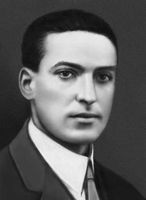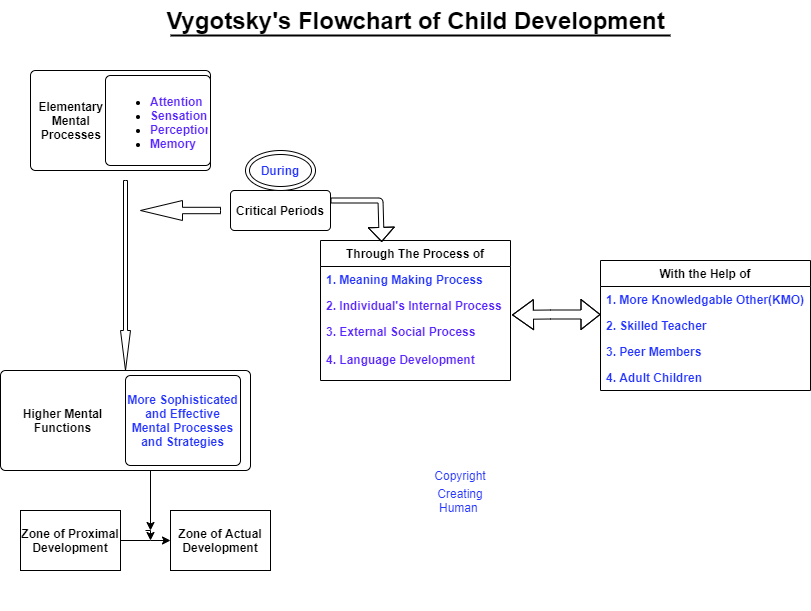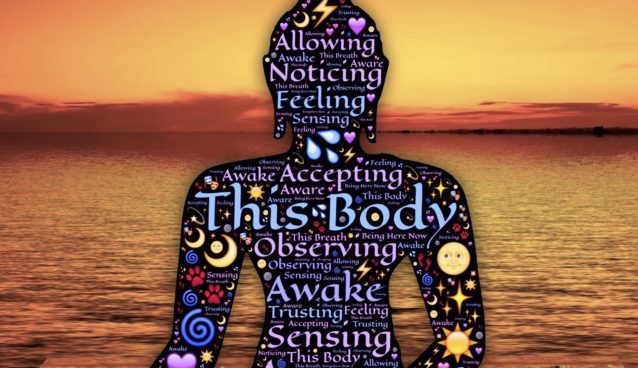Vygotsky examined the critical periods from the point of view of children’s Meaning-Making Processes, Individual’s Internal Processes, External Social Processes and Development of Language and the overall development of their social relations.
The critical periods characterized by abrupt and major shifts and displacements, changes and discontinuities in the child’s personality are connected in a relatively short time, period in which, the child changes completely in the basic traits of his personality.
# The onset, duration, and impact of critical periods may vary in different children but all children are effected by them.
# During each critical period, new mental structures like language, verbal thinking and conceptual thinking are formed that result in the transition from one level to the other and determine the character of the next level of development.
# Changes in the mental formations, constitutes the transforamtions from one stage to another and the whole structure of the age is reconstructed.
# Each age has a unique and singular structure specific to it.
# The new structures formed during the critical periods are basically determines the consciousness of the child, his relation to the environment, his internal and external life, the whole course of development during the given period.
# The new mental formations propel the reconstruction of the whole personality on a new base.





